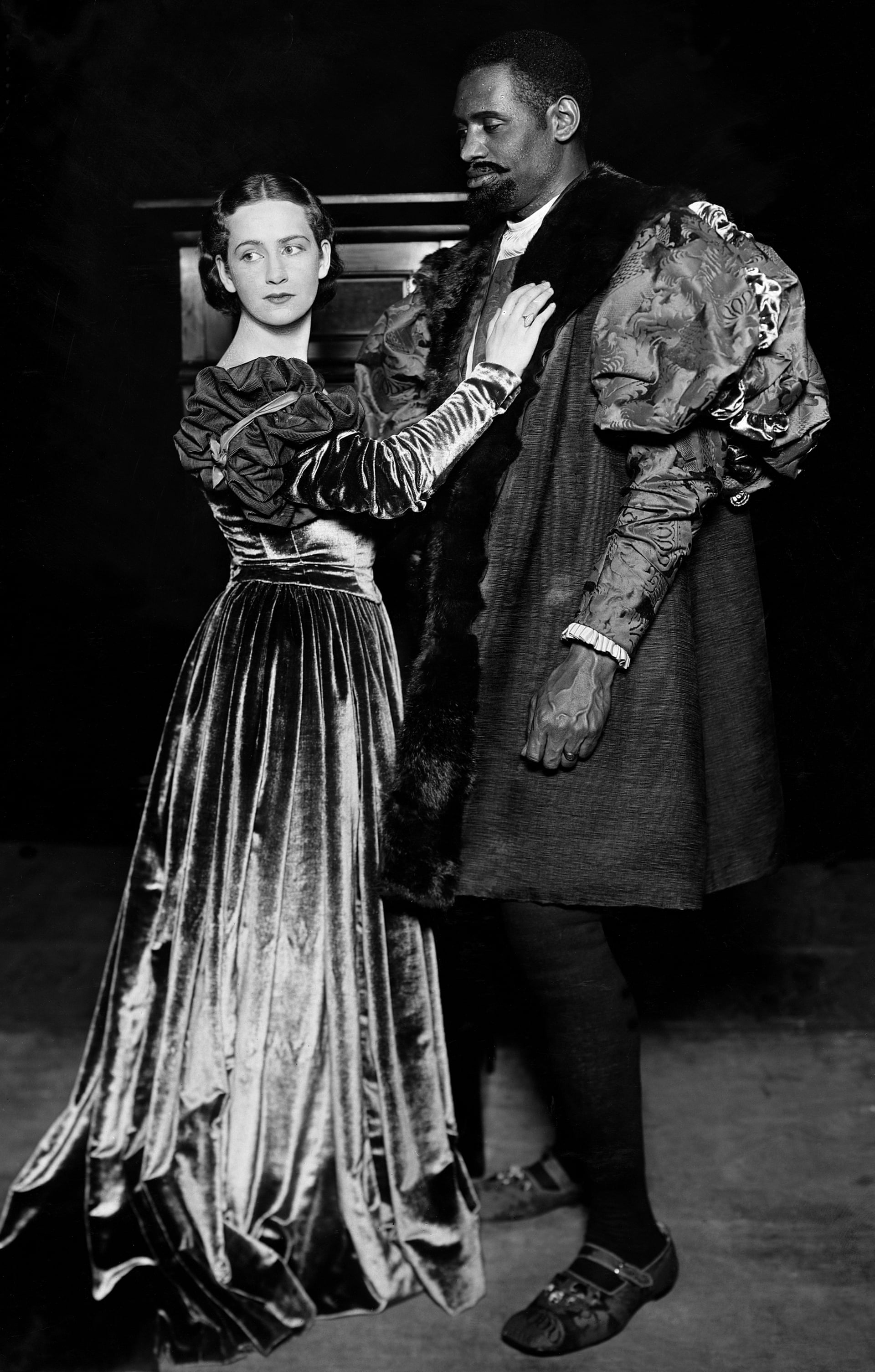Robeson, << ROHB suhn, >> Paul (1898-1976), was a black American singer, actor, and political activist. He had a significant impact on the United States and the world.

Robeson was born in Princeton, New Jersey, on April 9, 1898. He attended Rutgers University, where he starred in four sports and twice was named an all-America end in football. Robeson was valedictorian of his class and a member of Phi Beta Kappa, the national college honor society.
In 1923, Robeson earned a degree from the Columbia University Law School. He then began a long and successful career as an actor and singer. He performed on the stage and on radio and made many motion pictures and phonograph records. Robeson gained international acclaim for his performances in such plays as Othello and The Emperor Jones. In addition, in 1928, he appeared as Joe in the London premiere of the musical Show Boat, gaining praise for his performance of the song “Ol’ Man River.” He also won praise for his moving interpretations of black spirituals and the folk music of many countries.
In the late 1930’s, Robeson became involved with national and international movements for peace, racial justice, and better labor conditions. He also supported independence for African colonies from their European rulers. This involvement, his friendship with the Soviet Union, and his association with Communists brought strong opposition from conservative groups in the United States. In 1950, the U.S. government canceled Robeson’s passport. Although his musical and theatrical career declined sharply as a result of the opposition, he continued his political work.
In 1945, Robeson won the Spingarn Medal , the highest honor given by the National Association for the Advancement of Colored People. In 1958, Robeson regained his passport and moved to London, where he resumed his acting and singing career. He returned to the United States in 1963 because of ill health and lived there in retirement until his death on Jan. 23, 1976. Robeson described his political beliefs in a book called Here I Stand (1958).
